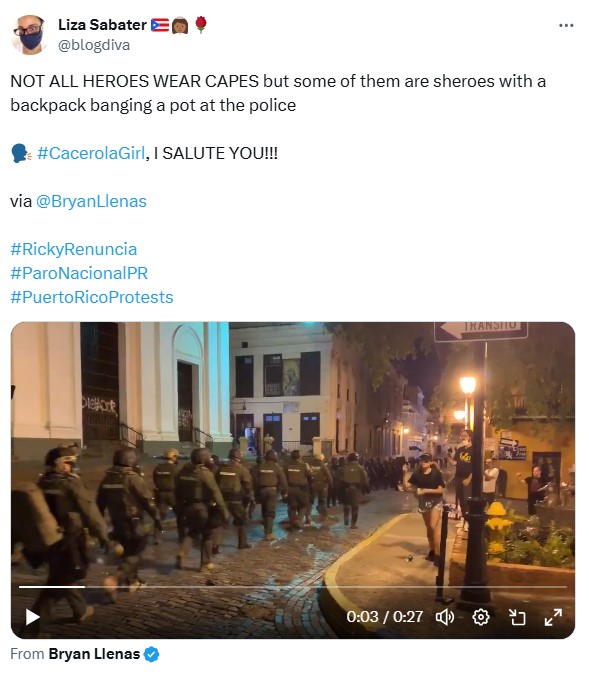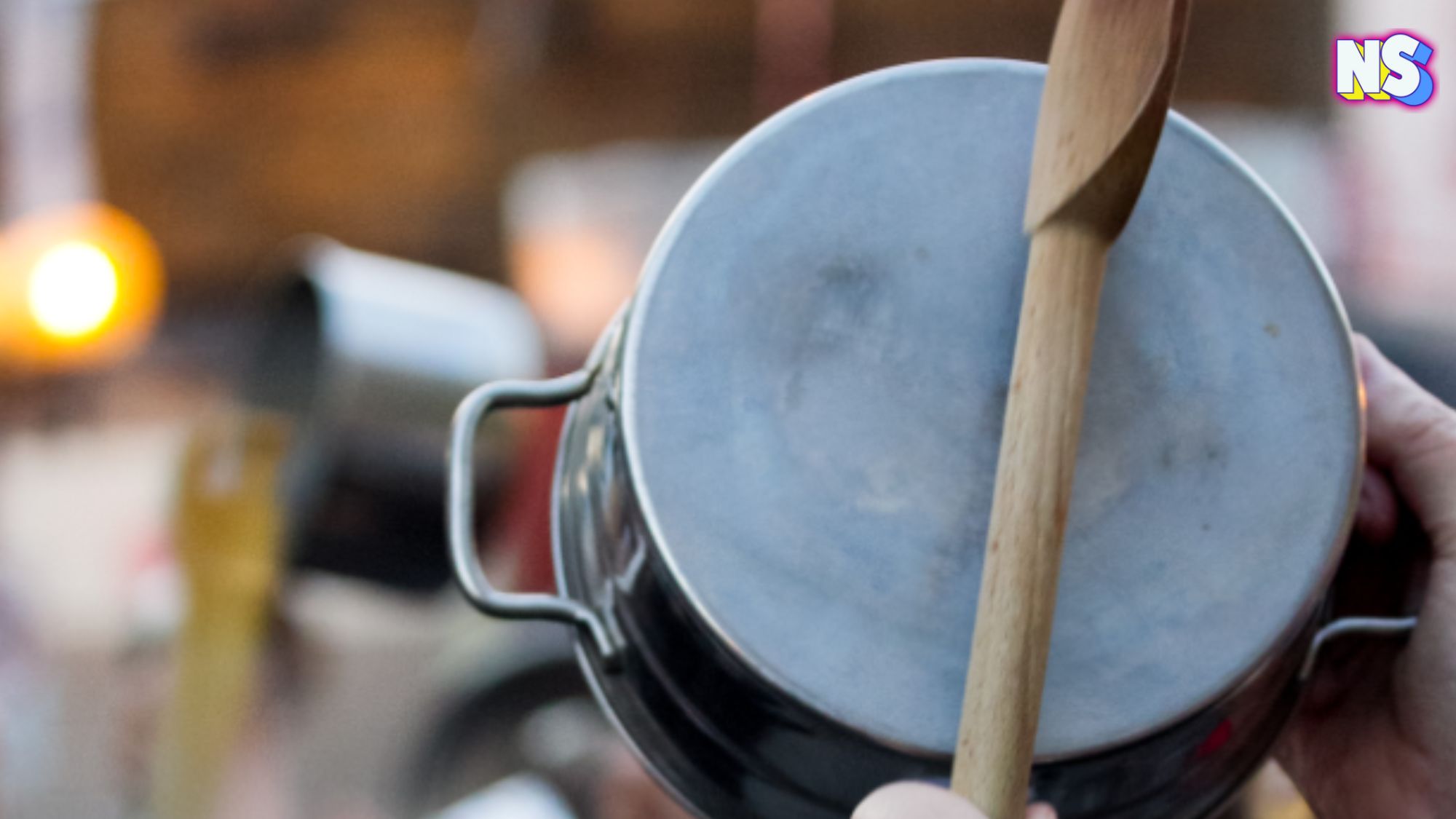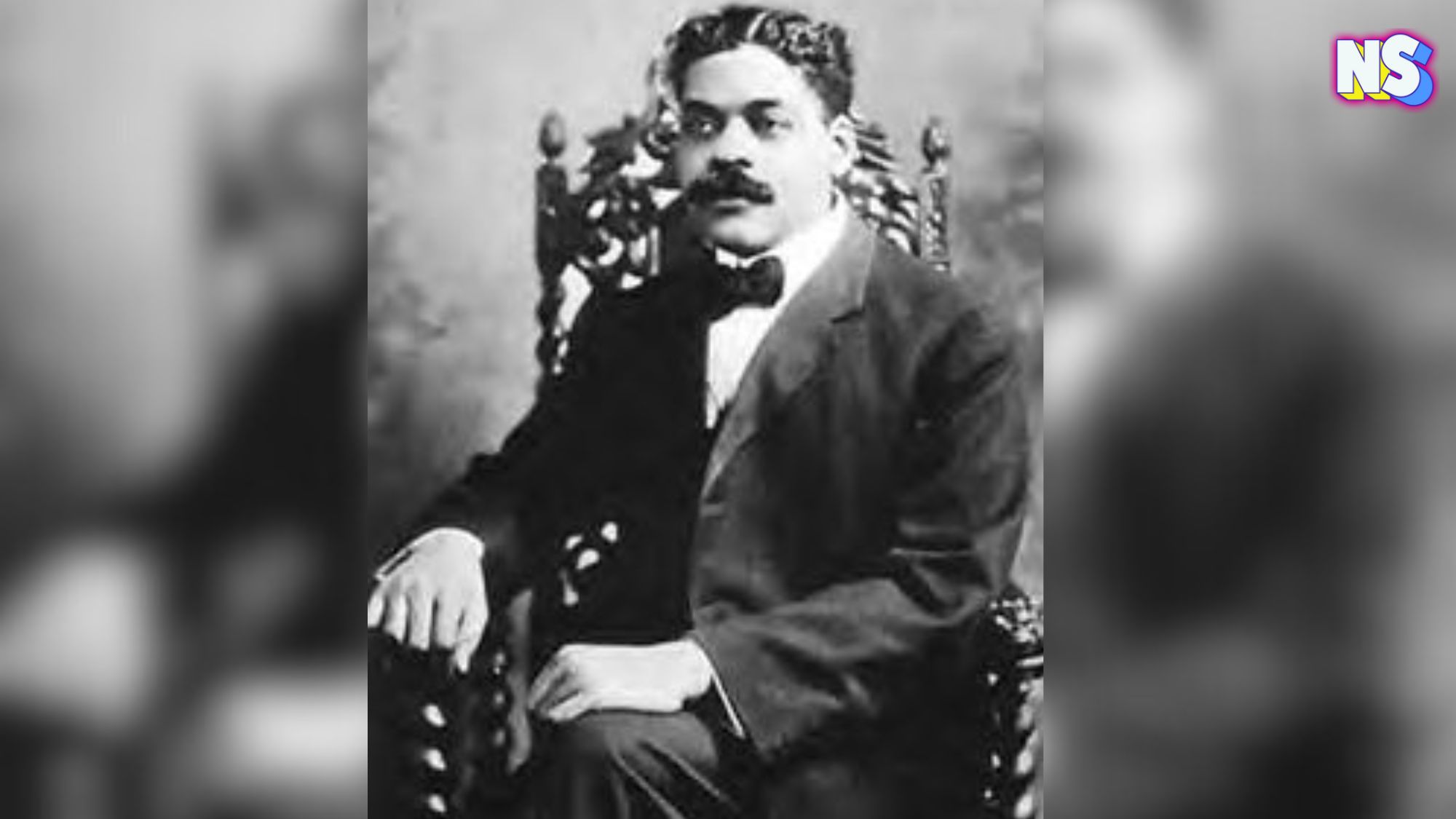The summer night the Florida Panthers won the National Hockey League’s Stanley Cup final, their Latino fans took to the streets. And they carried their kitchen pots and pans with them, to bang. The louder, the better. They lined the streets of the mostly-Cuban neighborhoods of Westchester and Hialeah while others hung out of their cars. All were cheering and banging their pots and pans. To a Miami local, the scene looked normal. To outsiders watching the images of the unique celebrations online, or on their TV news, that may be another story.
“Many agree this ‘pots and pans tradition’ is a Latino thing,” the Secret Miami site writes.
But, is it a Latino thing? Or is celebrating with kitchen tools just a Miami thing? Here we explore the the medieval origins of ‘cacerolezos.’
The Medieval Origins of Cacerolezos
The tradition of banging pots and pans in the streets is called a “cacerolazo.” It’s done by crowds either in celebration or in protest.
According to Cuban scholar Andy Gomez, the tradition goes back to the African slaves in Cuba. Others say the tradition goes back even further.
“The concept of using pots and pans as instruments of protest dates back to medieval times in France,” WSVN reports. “During that era, demonstrators would take to the streets, banging on their cookware to voice their discontent and demand change.”
As Al Jazeera explains the cacerolezos “began in medieval times when villages would use charivari, or ‘rough music,’ noisy parades to shame men who married young women. Since, it’s been adopted by French revolutionaries, Algerian paramilitaries, and in recent decades, by a swath of Latin American countries.”
From Medieval France to Modern Day Puerto Rico
“… the tradition of the cacerolazo began to take hold in Latin America in Chile during the administration of democratic socialist, Salvador Allende, when, during the 1971 ‘March of the Empty Pans, protesters used empty pots to symbolize that they didn’t have enough food to feed their families,” public radio program The World explains. “It resurged again in the 1980s during Augusto Pinochet’s military dictatorship, when people who feared violent military crackdowns participated in cacerolazos from their balconies.”
In recent years pots and pans have been banged around Latin America for many reasons.
In Cuba, pots and pans were used to protest during power outages on the island.
As Gomez tells CBS Miami news, “We’re very passionate. Whether we’re happy or mad.”
In 2019, Colombia made international headlines when crowds held a “cacerolazo” during strained talks with the government of President Ivan Duque.
That same year, a lone protestor in Puerto Rico went viral for banging her pot at marching police officers. She became known as “Cacerola Girl.”
Happier Cacerolezos
Of course, the kitchen tools have been brought out for happier times.
With Miami’s diverse culture of residents from around the globe, the calerolazos are the norm after big celebrations, like this week’s Panther’s win. It’s a tradition that’s embraced by all ages. When the Marlins won the World Series and the Heat clinched a championship, Cubans, and their fellow Miamians, banged pots and pans in jubilation. Hundreds of Miamians take to the streets with gusto, keeping a centuries-old tradition alive.





